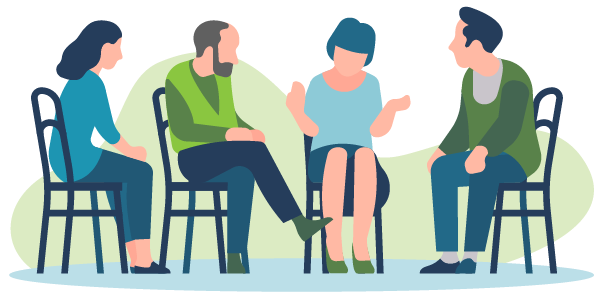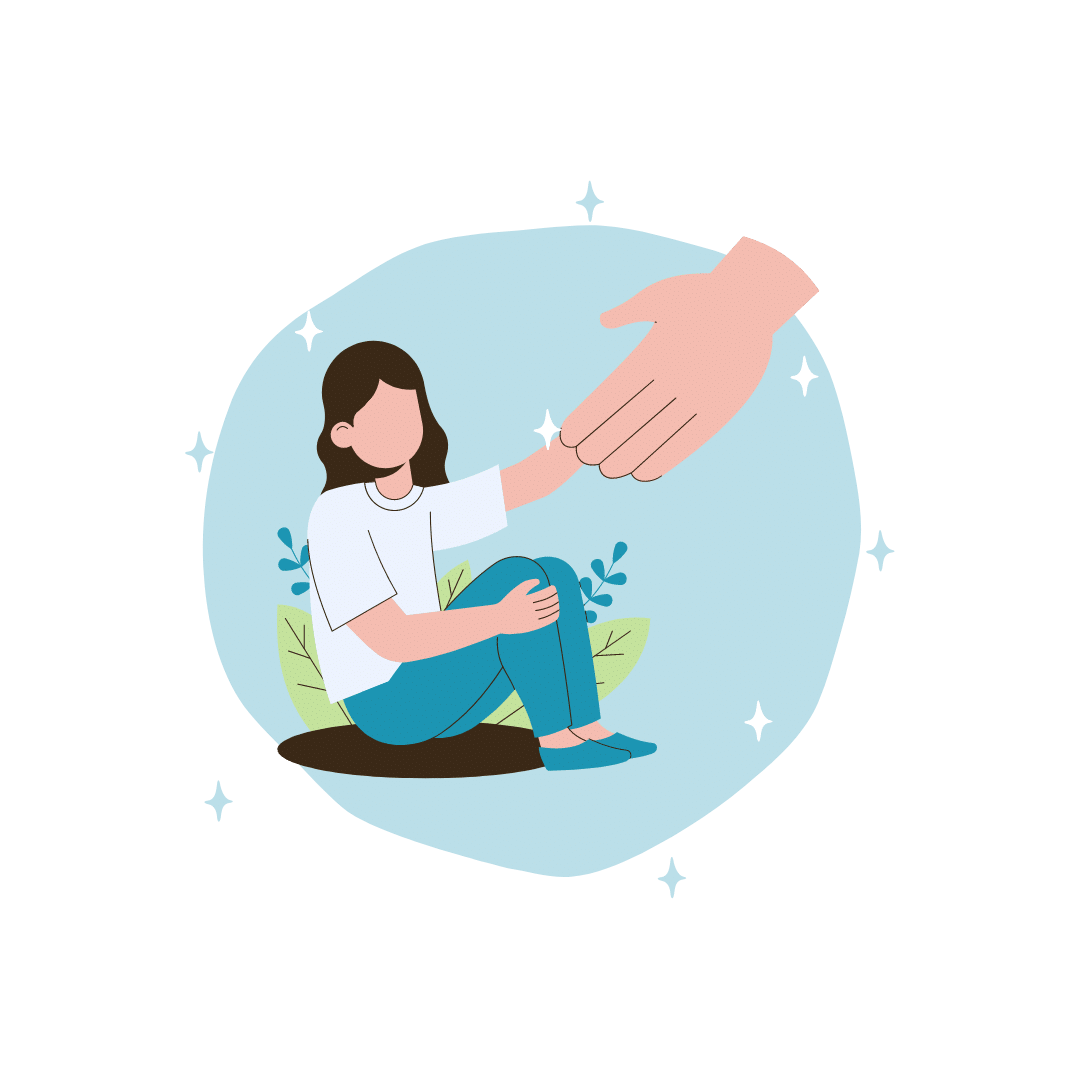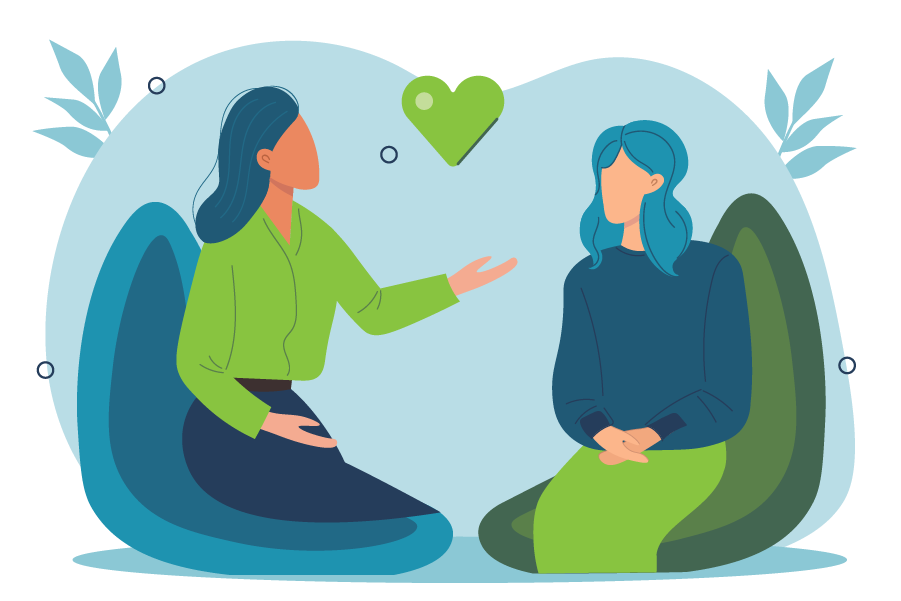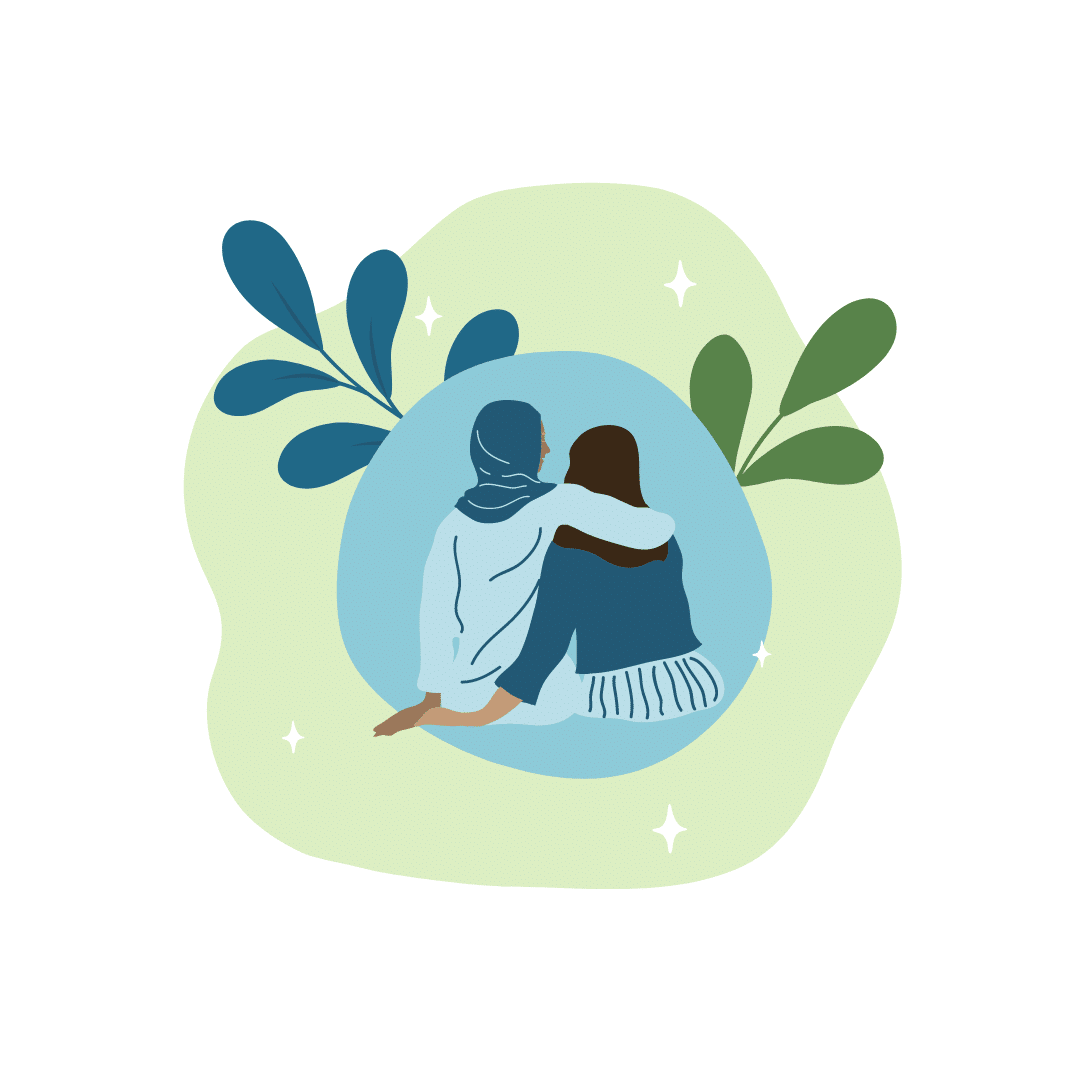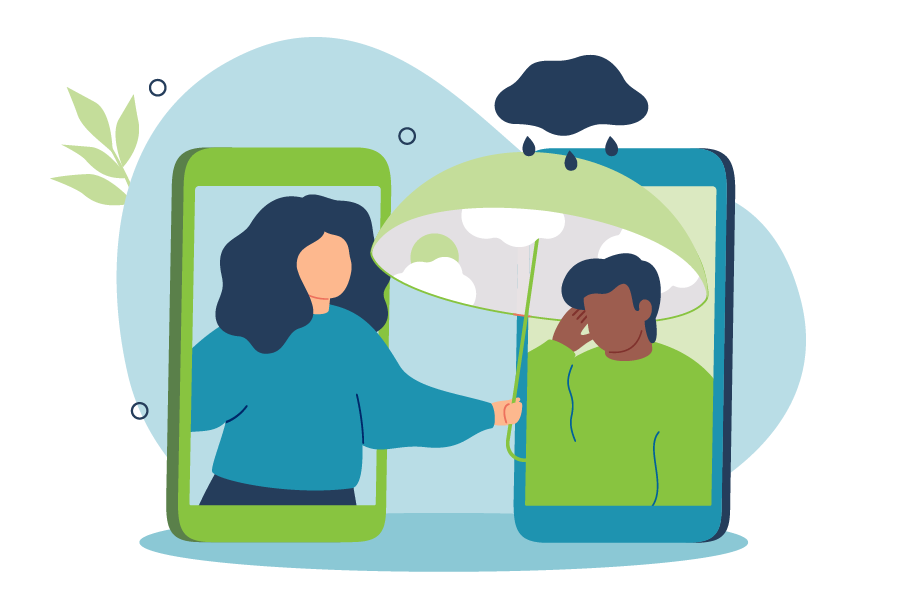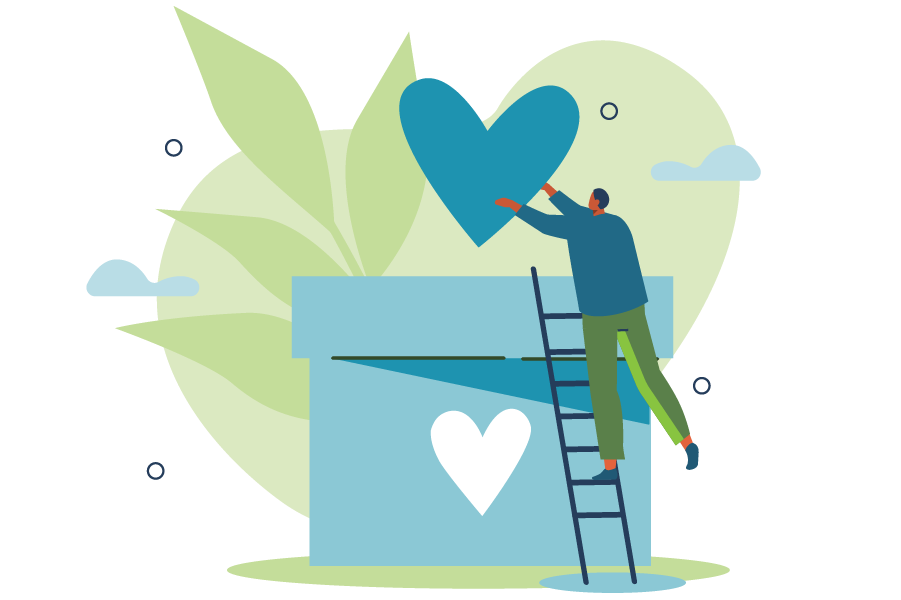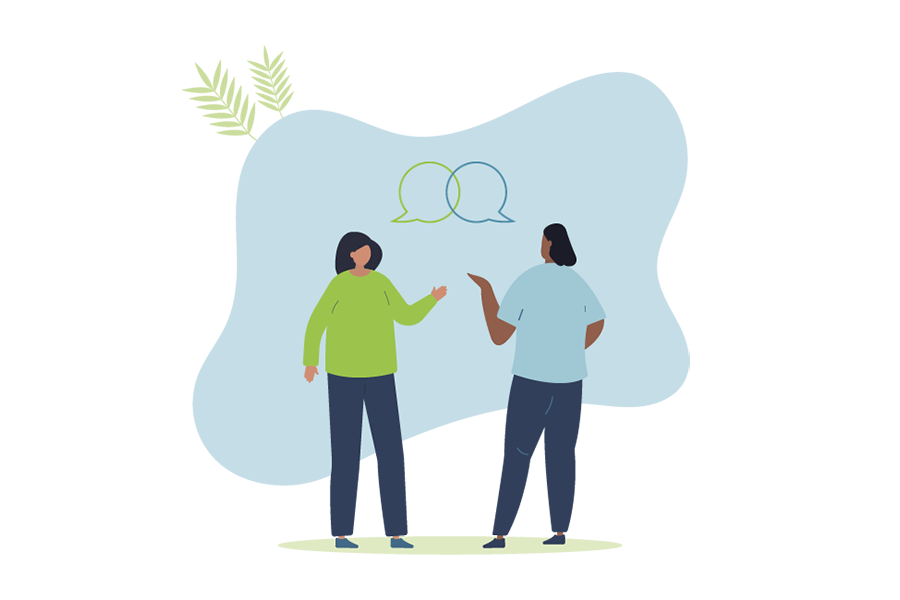Domestic abuse is categorised by any incident or pattern of incidents of controlling, coercive or threatening behaviour, violence, or abuse between those aged 16 or over, who are or have been intimate partners or family members.
If you are suffering from physical, sexual, psychological, financial abuse or/and are being threatened, intimidated or stalked by a current or previous partner or close family member, it is likely you could be experiencing domestic abuse.
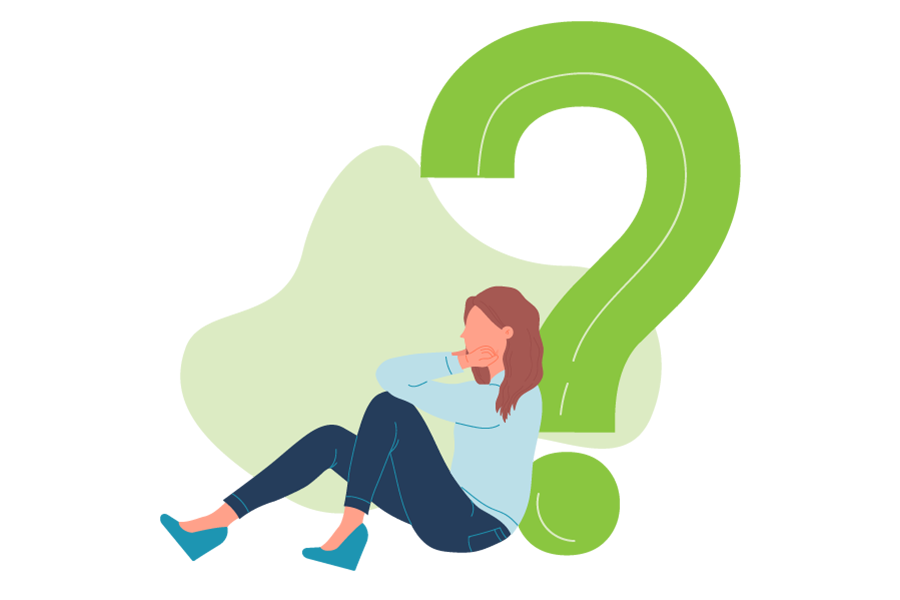
Anyone can be a victim of domestic abuse; regardless of ethnicity, age, gender, sexuality, culture, social background or lifestyle. There is no ‘’typical victim’, many people think it will never happen to them or that they would not let it happen.
Those who experience domestic abuse do not bring the abuse upon themselves and are often not aware that what they are being subjected to is considered abuse. Abusive relationships take place when a person feels entitled to have power and control over their partner or relative and chooses to use abuse to gain, enforce and maintain that control.
There can be many signs that could indicate someone may be experiencing domestic abuse, such as: behavioural change (becoming distant, introverted or in a state of alertness), emotional change (decrease in confidence, making excuses for partner/relative or change in vocabulary – being negative towards self) or/and physical change (change in weight, looking unkempt or bruising/marks on body).
However, often men and women may try their best to conceal what is happening and will not necessarily show any indications that they are being abused due to fear of not being believed, to protect loved ones or the fact they do not realise they are experiencing domestic abuse.
Firstly, domestic abuse can make a person feel isolated, alone and confused. So let them know that you are there for them, this above anything else, will be priceless for that person, maybe not at that time but certainly in the future.
Secondly, the victim may not be in a good headspace to recognise or acknowledge that they are in an abusive relationship. Trust your instincts and if something does not feel right, it probably isn’t. So the best step you can take, is to contact us on our helpline 0800 802 0028, to seek professional support and advice.
Lastly, ensure that you are safe in whatever steps you decide to take and that the victim too is in a safe place to talk (if you text or call the victim, the abuser may have access to their phone, so please mindful of this).
It is key to remember that domestic abuse is not defined by violence alone but can involve multipliable types of abuse, including psychological, physical, sexual, emotional and financial.
For example: enforcing rules and activities that humiliate, degrade or dehumanise and repeatedly put a person down. Taking control over aspects of their everyday life, such as where they can go, who they can see and what they can wear. Isolating a person from their friends and family, depriving them of their basic needs and taking over control of finances.
Therefore, some men and women do not experience violence but suffer from reoccurring psychological, controlling and emotional abuse. Which has a detrimental impact on their confidence, view of themselves and the world. If you feel that you are experiencing any of the above or you feel fearful of you partner/relative, please contact our helpline on 0800 800 0028, we are here to listen, we are here to help.
It is common for abusive partners to use children and child contact as a method of control. They might try to turn the children against you, or make threats to hurt them or take them away from you. Children will react in different ways when being brought up in a home with an abusive person but most will be affected in some way by the tension or by witnessing arguments, distressing behaviour or assaults.
If you have children please do not let this stop you reaching out for help. If you are a victim of violence or abuse, you will not be punished for that. However, we take the safety of others seriously and have a duty of care to safeguard children to promote their welfare and protect them from harm.
At Freeva, we have specialist services that cater to families of children whom have witnessed or experienced domestic abuse. Please take the next step and call us on our helpline 0800 800 0028, we will try our best to work with you, to be free from abuse.
Leaving a relationship is not easy and can be overwhelming. It might be unsafe if the abuser realises you are thinking about leaving. Many people can help you think about your options to leave an abusive relationship safely, putting your needs first and help you to make informed choices.
We offer a range of specialist crisis intervention and support for those whom feel they are at risk from further abuse, such as: temporary safe refuge accommodation, safety planning, advocacy and outreach.
It is never too late to get support; there is no time-scale for recovery or healing from abuse and violence. It is a unique individual journey for each person; sometimes people can wait years or decades to get support, this does not make them less worthy or less in need.
If you are struggling with the aftermath of abuse, regardless of when this took place, please contact our helpline on 0800 800 0028. We have specialist services, including: groups and counselling, that have a shared purpose helping those move forward from their experiences of abuse.
If people displaying abusive and harmful behaviours are willing to change and confront their abusive behaviour; Freeva’s Jenkins Project will provide guidance and support to help overcome these challenges.
The Jenkins Project
The Jenkins Project is our Leicester City Council commissioned project. We are experienced in delivering bespoke programmes to challenge abusive behaviours and for those who are motivated and willing to work with us, we believe change is possible.
All partners of clients that are suitable for the Jenkins Project are offered our Partner Support Service. The Partner Support Service is to support the partners of the clients who are working to change their behaviour, as this can be complex process for all involved and our services are designed to support people through the change process.
